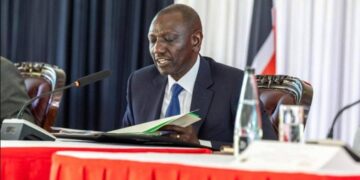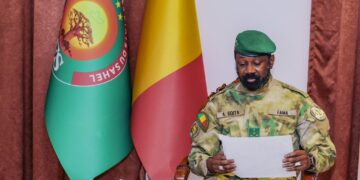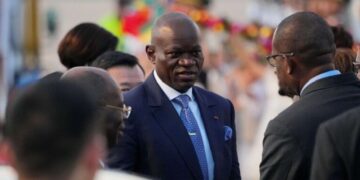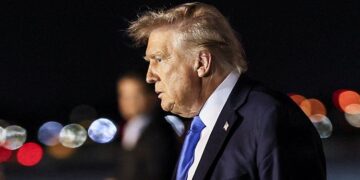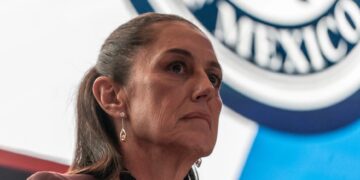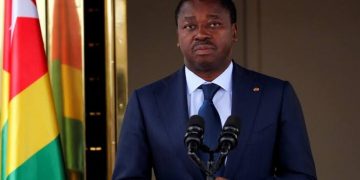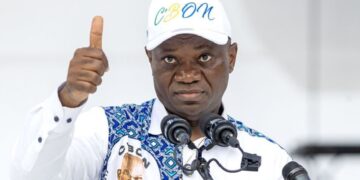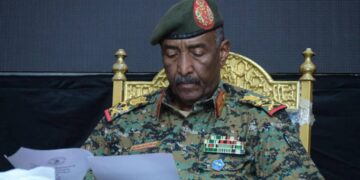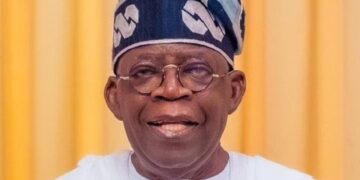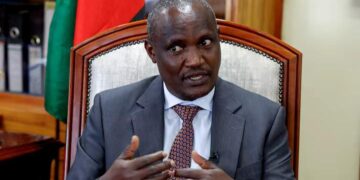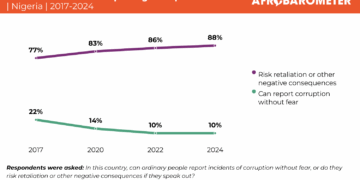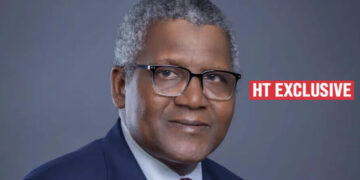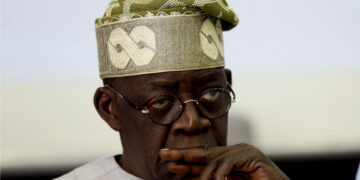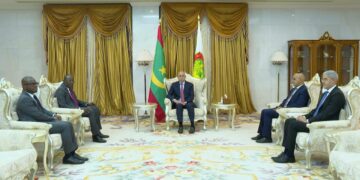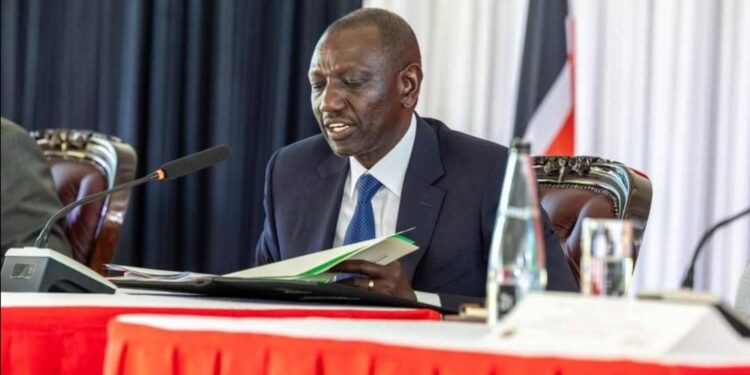By Enyichukwu Enemanna
President of Kenya, William Ruto had rejected the call for the arrest of politicians from the Democratic Republic of Congo (DRC) who last week Friday launched an alliance with rebels in Nairobi, the capital.
A former head of DR Congo’s electoral body, Corneille Nangaa had in a Nairobi hotel said he was creating a political-military alliance with M23 rebels and other armed groups, seeking to bring peace in DRC, a move President Félix Tshisekedi of DRC denounced.
M23 group had killed thousands of people in eastern Congo, displacing many others even as authorities launch military pressure to fight the group.
Mr Nangaa during the launch was flanked by M23 leader Bertrand Bisimwa.
The move attracted condemnation from the Congolese government who warned Kenya of “consequences” for hosting him.
This was followed by the summoning of DRC envoys to Kenya and Tanzania, which hosts the headquarters of the East African Community (EAC), a regional block which DRC belongs to. They were summoned for “consultation”.
Speaking in an interview with journalists on Sunday, President Ruto said he refused to heed the request to arrest the DR Congo politicians, describing it as “undemocratic”.
“Kenya is a democracy. We cannot arrest anybody who has issued a statement. We do not arrest people for making statements, we arrest criminals,” Mr Ruto added.
Responding to summoning of the envoys, President Ruto said it was DR Congo’s right to do so, “but I cannot arrest anybody merely because they issued a statement. That is undemocratic, and that is not how Kenya is.”
Kenya’s foreign ministry earlier said it “strongly disassociates” from DR Congo’s internal affairs, adding that it had begun investigating the matter.
DR Congo is gearing up for elections on Wednesday with worsening insecurity in the eastern region, where more than 100 armed groups, including M23, operate.
In 2021, a Nigerian separatist leader, Mazi Nnamdi Kanu who heads the Indigenous People of Biafra (IPOB) was forcefully abducted from Kenya by Nigerian security forces and brought back to Abuja, where he has been incarcerated over allegations of terrorism.
Kenya attracted widespread condemnation over its inability to protect Kanu from arrest, for his position in alleged marginalization of his South East region of Nigeria.
